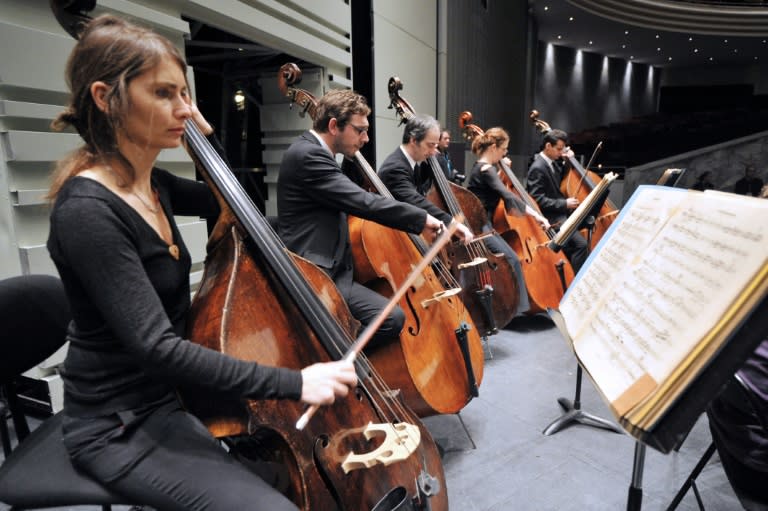French court rules Ravel sole author of 'Bolero'

A French court ruled Friday that "Bolero", one of the world's best-known classical music pieces, was written by Maurice Ravel alone, a financial blow both to his descendants and those of the man they said helped create it.
A court in Nanterre outside Paris rejected claims that "Bolero" had been a collaborative work with Alexandre Benois, a celebrated Russian stage designer.
The work "consequently remains in the public domain", the court said in a statement.
Ravel's "Bolero" had its debut at the Paris Opera in 1928. The work, with its gradual build-up of a simple theme to a spectacular ending, was an immediate sensation.
Ravel died 10 years later, and his heirs earned millions of dollars until the copyright on the work expired in 2016, passing into public domain.
In France, copyright runs for 70 years after a composer's death, though additional years were added to make up for losses during World War II.
But the heirs of Benois, a stage designer who worked on the original performance of "Bolero", insisted he should have been credited as a co-author.
They were demanding a share of the proceeds, and because Benois died in 1960, that would have put "Bolero" back under copyright until 2039.
- A 'collaborative work' -
"The music of 'Bolero' was created especially for the ballet" and should not be considered as a standalone piece of orchestra music, a lawyer for the Benois estate told a French court in February.
Ravel's estate supported the claim that it was a "collaborative work" with the Russian set-dresser, not least because it would start receiving copyright payments again.
The claimants have pointed to various documents naming Benois as co-author of the piece.
But on the other side of the court was France's Society of Authors, Composers and Music Publishers (Sacem), which argued that the claim was based on a "historical fiction".
Sacem cited an official declaration signed by Ravel in 1929 identifying him as the sole author.
"This is a very well-argued decision, which took care to examine all the elements brought to the court's attention," Yvan Diringer, lawyer for Sacem, told AFP on Friday.
Sacem's legal team said the rights once generated "millions and millions of euros" every year, though this had fallen to around 135,000 ($145,000) euros annually between 2011 and 2016.
The court also ordered Ravel's descendant, Evelyne Pen de Castel, to pay one euro to Sacem "in compensation for her damage resulting from the abuse of moral rights of author".
Gilles Vercken, a lawyer for the Ravel estate, said: "We are calmly analysing the decision before responding to the press."
The ruling also dismissed a theory that the choreographer Bronislava Nijinska had contributed to the composition of the piece.
She had "never featured in the documentation of 'Bolero' as co-author", the court said.
er-jj/js


